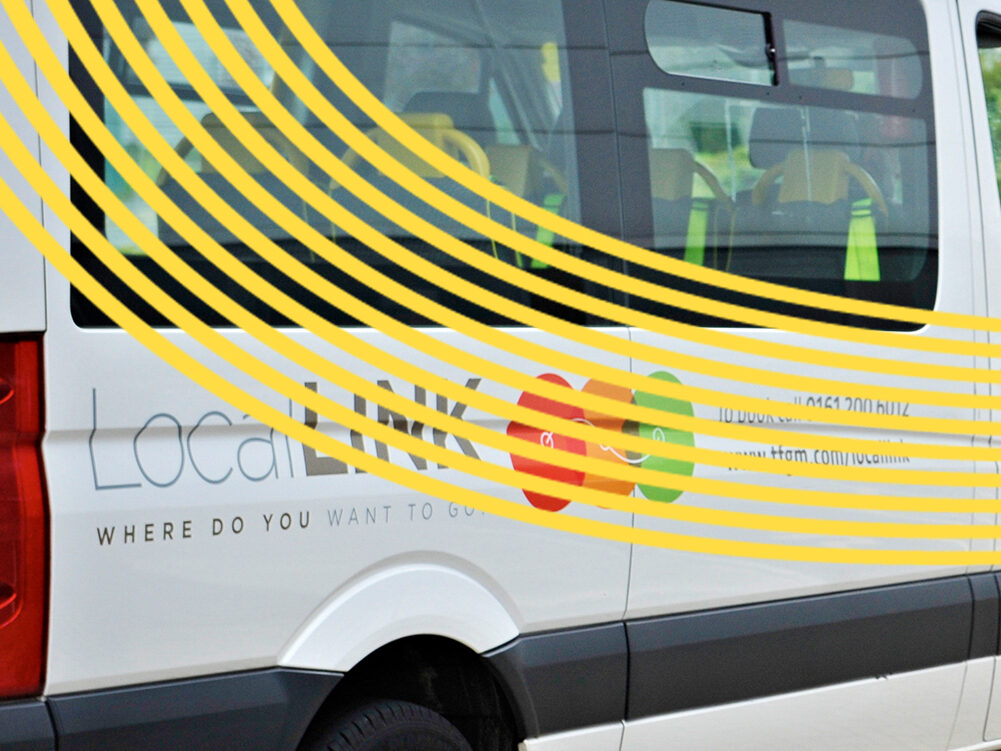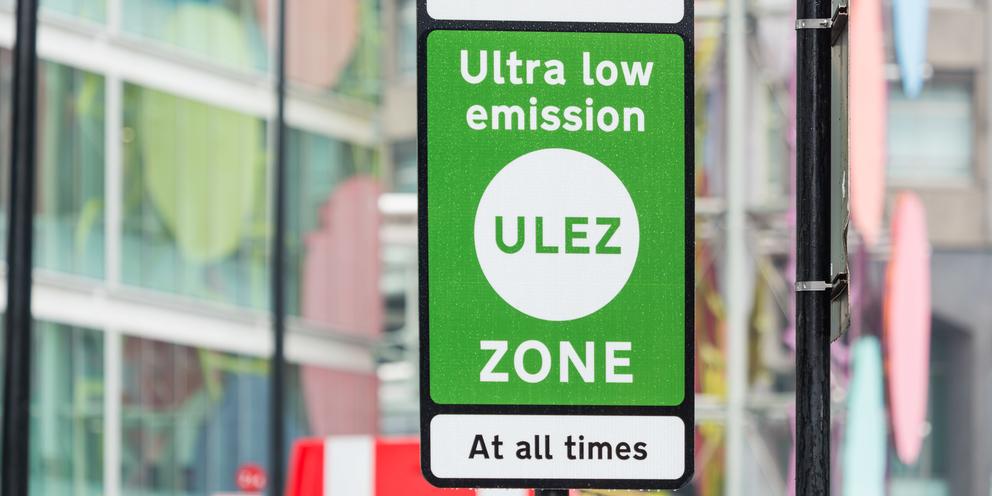The UK government’s Department for Transport (DfT) has published a new code of practice for Mobility-as-a-Service (MaaS) platforms.
The DfT defines MaaS as “the integration of various modes of transport along with information and payment functions into a single mobility service.”

It recognises that with the increasing availability of data and digital capability in transport, emerging business models are combining multimodal services into a single app or platform, making planning and payment options easier for users.
By releasing its new code of practice for these services, the DfT hopes to make travel information more accessible to aid journey planning and improve the user experience. In addition, it aims to ensure platforms provide transparency by offering the best prices and showing the cheapest modes of transport to help users travel for less.
In turn, it hopes that these factors will encourage people to choose more active and sustainable transport options throughout the UK.
The code of practice will thus act as a resource for organisations to navigate commercial and technical challenges associated with deploying a MaaS platform to help deliver a competitive and healthy market that will benefit users.
The newly published code can be viewed here.











